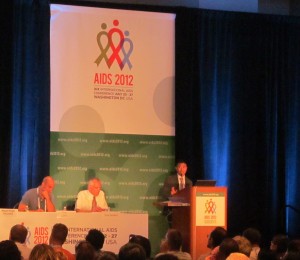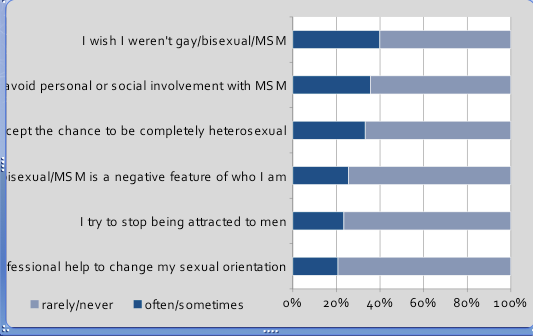By Alvin Tran

Research presented this week at the 19th International AIDS Conference shows how homophobia may be a major barrier to achieving the "AIDS-free generation" -- the optimistic tagline underlying much of the conference.
A new survey of young men who have sex with men (MSM) shows that "experiencing homophobia" may put them at greater risk of contracting and spreading HIV, the virus that causes AIDS.
The study was conducted by Oakland's Global Forum on MSM and HIV (MSMGF). Researchers surveyed more than 5,000 MSM globally. Nearly 1,500 were age 30 or younger, with about two-thirds of these young men from Asia and six percent from North America. According to the study, young MSM who experienced homophobia more frequently said they had less access to a variety of services including free HIV testing and condoms. Experiencing higher levels of homophobia equated with less access to medical treatment for HIV-positive gay men.
“Our findings really underscore the importance of also addressing the larger structure and social factors that are associated with HIV infection especially among young men who have sex with men,” said Glenn-Milo Santos, an epidemiologist and MSMGF researcher.
